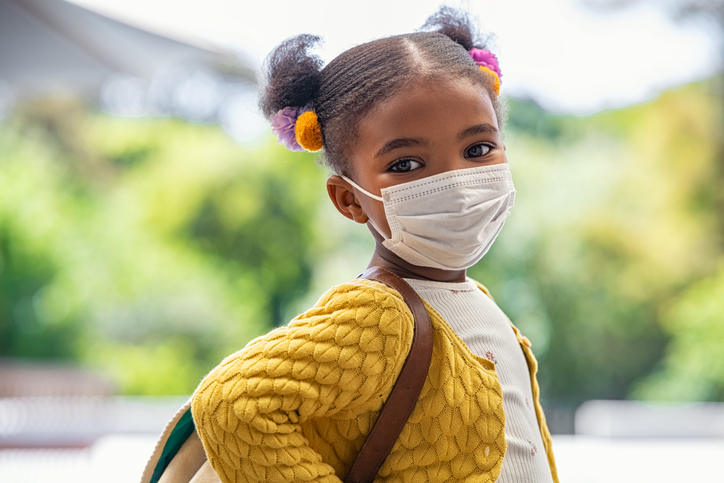

A new study from the nonprofit educational research organization NWEA suggests that children in K-12 programs are beginning to bounce back from the COVID-19 pandemic’s negative impact on academic achievement.
While the researchers stress that full recovery is projected to take years, they also believe the findings in their latest study are promising early results. In examining the academic achievement of more than 8 million children as they progressed from second to fifth grade, the researchers found that gains during the 2021-2022 school year paralleled those that might be expected of students prior to the pandemic.
“These signs of rebounding are especially heartening during another challenging school year of more variants, staff shortages, and a host of uncertainties,” said Karyn Lewis, co-author of the study and the director of NWEA’s Center for School and Student Progress. “We think that speaks volumes to the tremendous effort put forth by our schools to support students.”
The researchers used data from the MAP Growth assessment tests taken by 8.3 million children from the 2018-2019 school year through the 2021-2022 school year. The students from this cohort were compared to students who took the same tests from the 2015-2016 school year to 2018-2019, serving as a benchmark for expected pre-pandemic achievement gains.
While achievement gains were lower during the first full school year of the COVID-19 pandemic, 2020-2021, the following school year showed gains parallel to or even greater than those found in pre-pandemic data. According to the study, these gains are more pronounced in math than reading and younger students appear to be rebounding more easily than older ones.
While the achievement gain — i.e., the difference in achievement from one year to the next — may be back to pre-pandemic levels, it’s important to note that the achievement itself is still below what would be expected had the COVID-19 pandemic not occurred. Achievement has declined for students across all grade levels from third grade through eighth grade, with particularly high declines in math — for example, eighth graders in 2022 performed about 10 percentile points lower on the MAP Growth math section than eighth graders in 2019. These declines also appear to be strongest for children from marginalized racial backgrounds, with Asian and white children seeing the smallest decline all around.
At the current rate, NWEA researchers believe it will take several years for student achievement to fully recover and reach pre-pandemic levels. Thus, Lindsey Dworkin, NWEA’s SVP of policy and communications urges policymakers to invest in research-based interventions to support children’s recovery and speed up this process.
“Any signs of hope are reasons to celebrate, and we must take that moment to do so, and then push forward with renewed energy and a sense of urgency because we’re just at the initial steps of addressing the tremendous impact of this pandemic on our students,” Lewis said.





